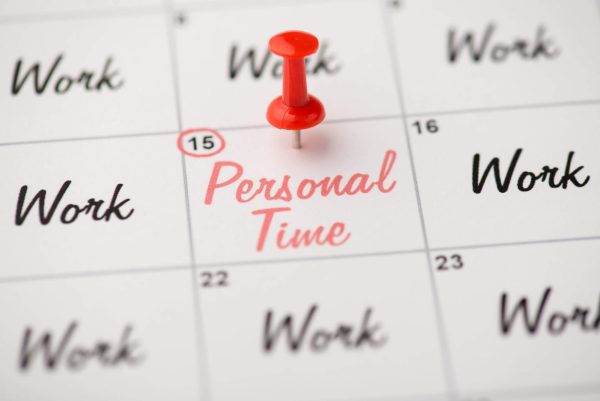
It is good to be busy. Being busy allows you to form a growth mindset, build discipline, develop time management skills, and more. However, where should the line be drawn? What is too busy? Where does a packed schedule begin to interfere with mental health?
Most high school students would categorize themselves as busy. It is a very hectic time for most people due to several possible factors. Sports, challenging classes, boatloads of homework, extracurricular activities, college preparation, and applying for and maintaining jobs. The list goes on. According to Sage Scholars, balancing all of these things on top of an 8-hour school day can be extremely challenging. It could easily lead to depression, anxiety, burnout, and the underlying feeling of never being good enough. With all of these demands, students find it difficult to socialize, get enough sleep, focus adequately in class, maintain strong immune systems, and feel confident in themselves and their abilities.
Though these are all extreme drawbacks to juggling with a jam-packed schedule, there are ways to maintain their daily routines and overall mental and physical health. According to College Raptor, there are several ways to manage busy life schedules in a healthy way that won’t deteriorate self-assurance and confidence. It helps to start using a calendar to organize all of their plans neatly. This way, students can track when assignments are due and keep a schedule for extracurricular events such as sports, jobs, or clubs. It also helps to maintain a structured routine. However, this tip may be difficult for a busy high schooler because days are often inconsistent. Making daily, weekly, or even monthly to-do lists can also help you keep an eye on all of the things you have to do. The article also states that taking a break and/or rewarding yourself for juggling a frantic schedule will be beneficial in helping you manage it healthily. Giving yourself little rewards after completing tasks can greatly aid in maintaining motivation and persevering through compact lifestyles.

Though being busy has its perks, and most people would argue that they would rather be too busy than too bored, it is very important to give yourself a rest. Even people with significant amounts of downtime often find themselves craving a rush or sense of urgency. A new study was released by Psychological Science stating that very busy people are generally more content in their lives than people who are very bored and don’t have many obligations from day to day. However, if you are in a position where you find yourself to be very bored with too much downtime and you feel obligated to pack up your schedule, it is important to keep in mind the dangers and drawbacks of becoming overly busy. Everyone needs to separate time for themselves, even amid a hectic agenda. So whether that’s taking the weekend off from working out or setting aside a day where you don’t do any homework, it can help limit burnout and falling into slumps. It is up to you whether you want to be busy or bored, but with either choice, make sure you are looking out for your mental health.






